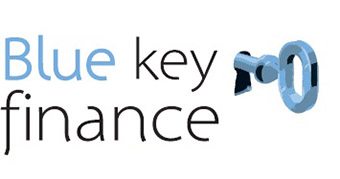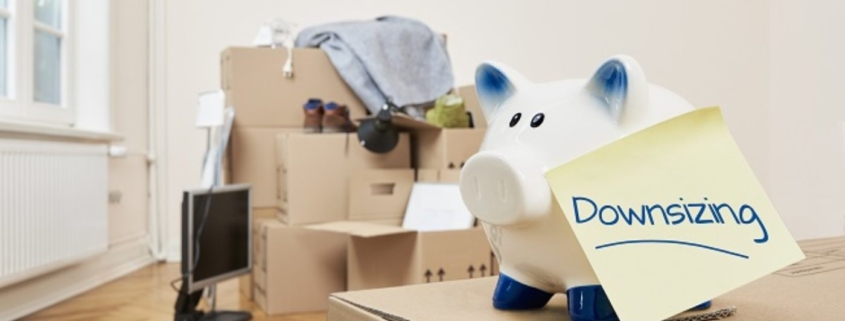The pros and cons of downsizing your home
If you’re thinking about selling your home and downsizing, consider the pros and cons. Check if selling your home affects your government benefits.
Pros and cons of downsizing your home
Weigh up the pros and cons to decide if downsizing is right for you.
Pros
• Increased cash flow — Downsizing could free up money to pay off your mortgage, invest or spend.
• Easier to maintain — A smaller place takes less effort to clean and maintain.
• More convenient — You can choose a layout and fittings that better meet your needs, or a location closer to family, transport and services.
• Lower insurance and utility bills — In general, a smaller home costs less to insure and is cheaper to heat or cool.
Cons
• Less space — A smaller place means less space for things, so you may have to make some hard choices.
• Less flexibility — Your new place may have less privacy, fewer guest rooms, or less space for entertaining.
• New neighbourhood — It may take time to adjust to a new area or to find new health care and other professional services.
• Emotional connection — Your family home may be full of memories, which can make it difficult to let go.
Consider the costs and your needs before you downsize
Take the time to consider the kind of home that suits your lifestyle, level of independence and budget in retirement.
If you decide to move, some of the costs to consider include:
• buying and selling in the same market
• real estate agent fees
• stamp duty
• legal fees
• furniture removal
Ask us for our comprehensive checklist on what to look out for when downsizing.
Alternatives to downsizing your home
If you decide to stay in your home, alternatives to downsizing include:
• Renting out space — Consider renting out a room or taking in a boarder.
• Converting to dual occupancy — See if you can convert your home so that you live in one half and rent or sell the other half.
• Considering equity release — Explore whether a reverse mortgage or home reversion may suit. There is risk involved and a long-term financial impact, so get independent financial advice first.
Before going ahead with any of these options, check the tax impact and whether it will affect your government benefits.
Impact on Age Pension or government benefits
Your eligibility for the Age Pension depends on the:
• assets test (value of your assets)
• income test (income you receive)
Your home is not included in the assets test. When you sell your home, the proceeds are exempt for up to 12 months if you plan to use them to buy, build or renovate another home.
The proceeds are ‘deemed’ in the income test — they are assessed as income from financial assets. This may affect the amount of government benefits you get.
Visit the Government’s website for more information on Age Pension and government benefits.
What to do after you downsize
After you’ve sold your home:
• Invest the proceeds — Consider investing any extra money into an income-producing asset
• Get help if you need it — Government services like the Commonwealth Home Support Program can help you to live independently and assist with daily tasks like shopping, cleaning, personal care or home maintenance.
You may be able to contribute up to $300,000 from the sale of your home to your super. See downsizer super contributions on the Australian Taxation Office (ATO) website.
Get independent advice before you go ahead
Before you downsize:
• Consult a legal professional to review sale contracts and oversee settlement.
• Get independent advice from a financial adviser about options for investing your sale proceeds.
• Ask the Services Australia Financial Information Service how it will affect your pension or government benefits.




Leave a Reply
Want to join the discussion?Feel free to contribute!